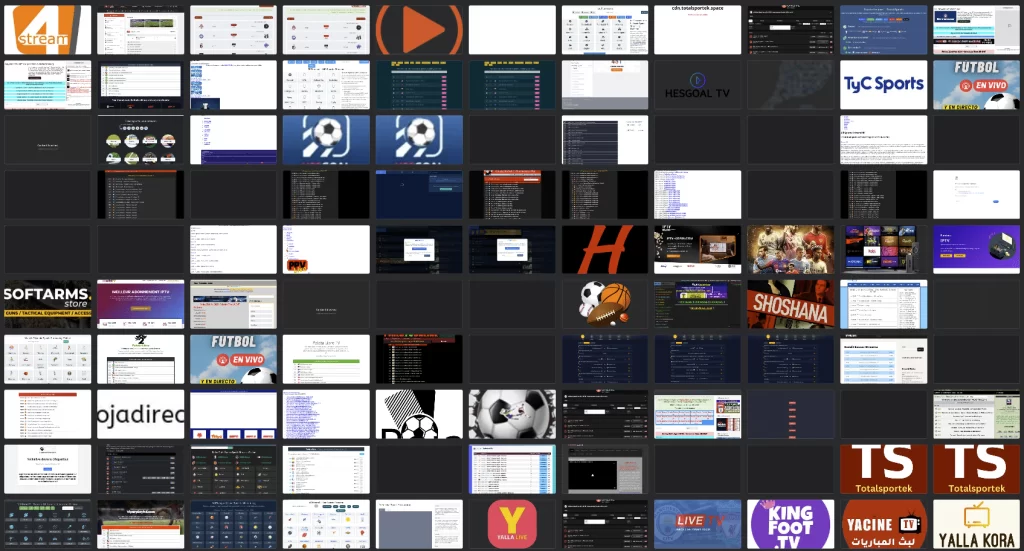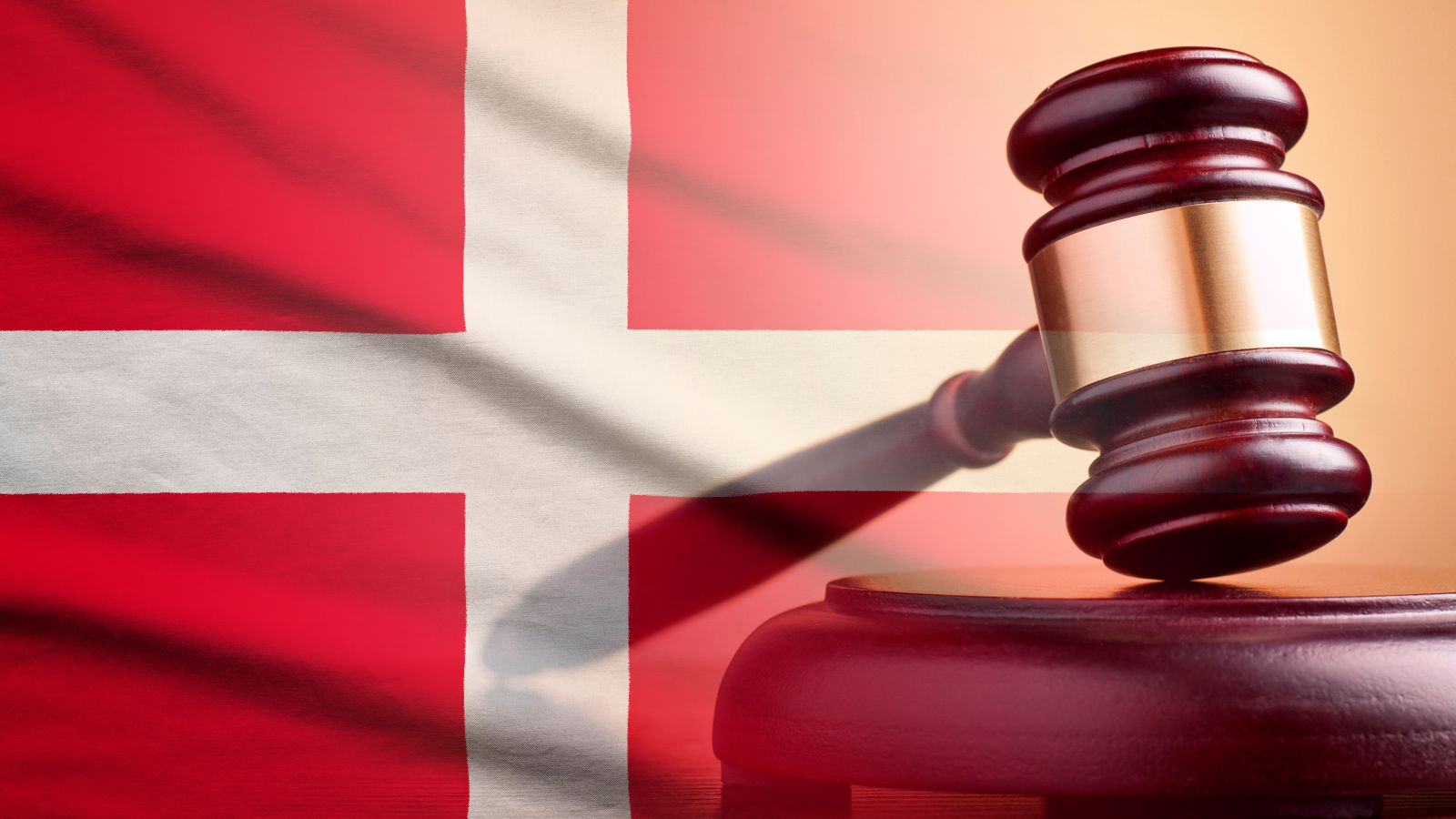
DAZN’s Crackdown on Pirate Streaming Sites Leads to Massive DNS Blocks in Belgium
- Sports broadcaster DAZN and 12th Player were backed by a court order in their crusade against illegal streaming services and IPTV providers.
- Massive DNS blocks occurred in Belgium as a result of the collaboration with local ISPs.
- A court ordered public DNS resolver operators to block over 130 domains or face fines for non-compliance.
A groundbreaking anti-piracy operation targeting illegal streaming services and IPTV providers while also involving major DNS resolver operators recently resulted in an extensive blockade of over 130 pirate streaming domains in Belgium.
The effort was led by sports broadcaster DAZN and 12th Player and backed by a court order. According to a report by Belgian media outlet L’Echo, this campaign unfolded in collaboration with local ISPs, including Telenet NV, Proximus NV, Voo NV, and Orange Belgium NV.
A critical component of the action was the demand for compliance from public DNS resolver operators such as Cloudflare, Google, and Cisco. The Brussels Enterprise Court ordered these companies to block public DNS access to the targeted domains or face hefty fines of €100,000 per day for non-compliance.
The timing was deliberate, with the measures going live just before the second day of the Belgian football championship play-offs, maximizing disruption for both users and service operators alike.
This campaign was touted by DAZN as a “real step forward” in the fight against digital piracy. The operation leveraged dynamic blocking, a method already in use elsewhere, designed to respond quickly to circumvention attempts via proxies, mirrors, or domain changes.
This directive follows a growing trend across Europe, where public DNS providers are increasingly drawn into the battle against piracy. Critics point out that targeting DNS access doesn’t eliminate the actual infringing content, which often resides on distributed networks or hidden servers.
Furthermore, the increasing involvement of public DNS providers like Cloudflare and Google in site-blocking efforts raises broader concerns about jurisdictional authority and the role of intermediaries in combating piracy.
This move reflects a shift in Belgium’s approach to site-blocking. Previously criticized for its sporadic enforcement, Belgium has now embraced a more aggressive stance, combining advanced legal tools with technical measures.












